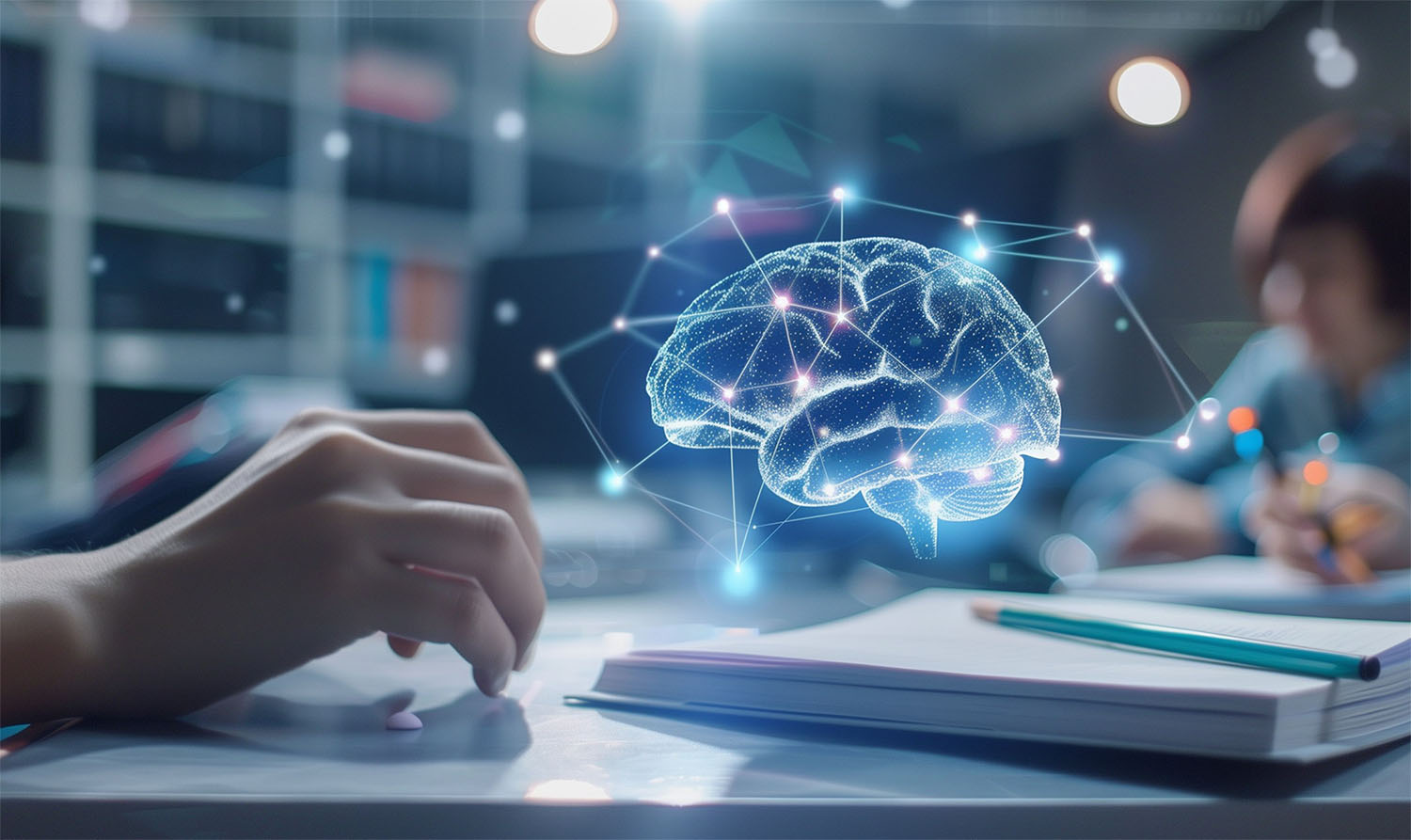A UNESCO study delves into the application of artificial intelligence (AI) within the educational sector. This research compiles global instances of AI integration in educational processes, with a special focus on developing countries. It evaluates AI’s potential to enhance learning outcomes and addresses the challenges, risks, and implications of its active use in education.
The study highlights AI’s role in providing inclusive access to education. It enables diverse societal groups, such as disabled individuals, refugees, out-of-school youth, and those in remote communities, to access relevant learning opportunities. For instance, telepresence robots allow students with special needs to attend classes from home or hospital, ensuring educational continuity during emergencies or crises. This technology fosters inclusivity and universal education access by enabling remote collaborative learning and personalized education in various forms.
AI’s potential is increasingly recognized not just in developed nations but also in emerging economies. In 2016, the Chinese government launched a strategy aiming to position China as a global AI leader by 2030, incorporating AI into its national education strategy. Similarly, several initiatives in Latin America have been advancing the digitization of education.
The widespread adoption of AI necessitates the development of new digital technology skills. The study notes a swift corporate shift towards AI usage, indicating a rising demand for new job types and skills associated with AI across various industries. Therefore, the education sector must adapt existing curriculums to respond to these changes. Although no country is fully prepared for the intellectual automation era, some nations are already enhancing their education systems to foster AI-relevant competencies.
New programs are being introduced at various educational levels, from elementary schools to universities and vocational courses. For example, Singapore’s Info-communications Media Development Authority (IMDA) launched the PlayMaker program in 2016, providing robots to 160 preschool centers to spark young students’ interest in robotics, programming, and computer science through play. These efforts could serve as a foundation for developing cohesive policy frameworks for education’s response to AI.
However, the integration of AI into education comes with several challenges and risks. The study identifies key challenges such as developing comprehensive national AI policies for sustainable development, ensuring inclusivity and equality in education, creating quality data systems, preparing teachers for AI-based teaching, making AI understand educational processes, and maintaining ethics and transparency in data collection, usage, and dissemination. Addressing these aspects in policy-making is crucial, and this research could aid in formulating informed and appropriate policy measures in this regard.

